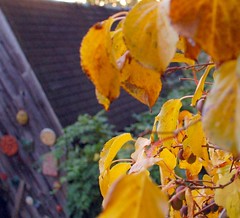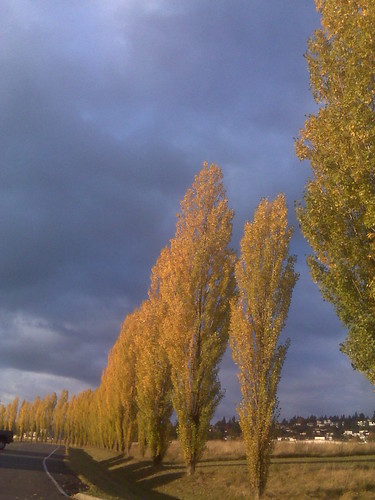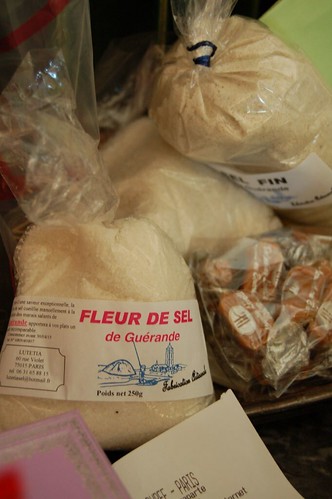
TH is in Iceland all week. She returns for about five hours and then turns around and goes right back out to Boulder. I am happy for her, she's getting some very deserved recognition for her work -- merging science, history and mapping along with her tireless efforts to explain to scientists that eventually all of this stuff needs to be explained to policy makers.
We call that dumbing down.
This year myself and a few of my colleagues on the other side of the country are looking to develop a workshop that will highlight some of these issues at our large annual meeting. We are trying to figure out the best way to do this -- teach people about how to use mapping technology for decision support. A lot of these folks have spent their careers developing programs and products to this for their own niche area which gives them the results they want. What we're trying to integrate is how all this works with the entire world -- not just a static image. We collect terrabytes of climate information daily that goes into huge models and gets churned, analyzed, reanalyzed, refitted, filtered, archived and visualized to predict climate variances or hazard assessment. How this fits in with our constantly changing world -- cities morph, road networks evolve, coastlines shift and all this information requires refreshing at a faster rate than most home grown programs can handle. It seems like the faster we pedal to figure out the best way to do something, something new comes up and changes the whole show.
I like it, most of the time.
I often wonder why I didn't pursue my second career that I spent three hard years in studio and the archives and returned to science. Maybe it was a comfort thing, maybe it was my lack of self confidence at designing master planned communities. I think the tools I picked up along the way -- project management, planning principles, some semblance of design theory along with the beginnings of a GIS background made me a better and more rounded researcher. If I had stayed in my job, I would have probably ended up a JAVA programmer writing code for one-off projects that may seen the light after the final report was written. I may have left my comfortable existence and gone to work for one, two or seven dot coms and made a ton of money to lose it all again.
Yeah, I'm a scientist. I can't help it. I am curious, I want answers and that is not a bad way to approach the world.
It has taken me ten years to become comfortable with this. I no longer pretend that this is just another break in my life and I'll find something that will make me astoundingly happy. I may complain at times, but every little blip I see a time series, every map we create that shows a level of risk and every discussion that engages policy wonks with scientists and has both parties coming out learning something new makes me realize that step by step, the things I do make some sort of difference.





